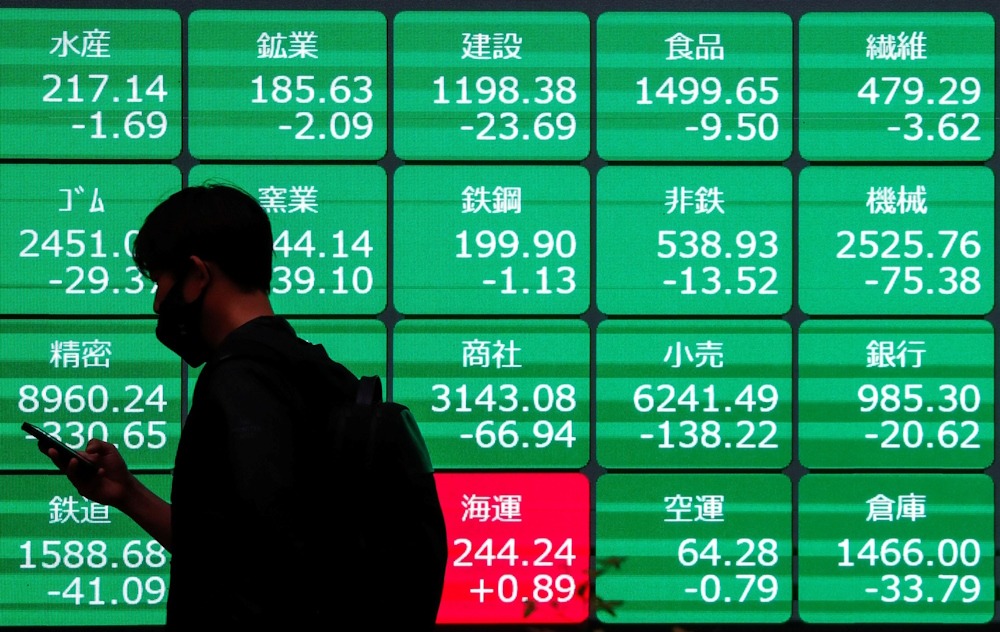Asian stocks showed mixed performance on Wednesday, pressured by a strengthening U.S. dollar and uncertainties surrounding the upcoming U.S. election. Concerns about geopolitical tensions also weighed on market sentiment, with oil prices and U.S. futures falling after Israel confirmed an airstrike outside Beirut earlier this month killed a Hezbollah official.
In Japan, the benchmark Nikkei 225 index slipped 0.3% to 38,300.81, driven by the yen’s continued decline against the U.S. dollar. On a positive note, Tokyo Metro Co.’s stock surged 43% during its debut trading session, raising 348.6 billion yen ($2.3 billion) in Japan’s largest IPO since SoftBank Corp.’s public listing in 2018.
Chinese markets, however, rose for a second consecutive day following a recent move by the central bank to cut its one-year and five-year Loan Prime Rates. The Hang Seng in Hong Kong jumped 1.7% to 20,841.73, while the Shanghai Composite gained 0.8% to 3,311.87. Further boosting sentiment, a state-backed think tank proposed issuing 2 trillion yuan ($281 billion) in special government bonds to create a market stabilization fund aimed at easing hidden debt pressures.
Elsewhere in the region, Australia’s S&P/ASX 200 was nearly flat at 8,207.20, while South Korea’s Kospi rose 1.3% to 2,594.23. Taiwan’s Taiex fell by 0.8%, and India’s Sensex edged up 0.2%.
On Wall Street, the S&P 500 closed slightly down by less than 0.1% at 5,851.20, with the Dow Jones Industrial Average also dipping less than 0.1% to 42,924.89. The Nasdaq composite, however, managed a modest gain of 0.2%, ending at 18,573.13.
U.S. stocks have seen a slowdown in their recent record-breaking momentum as rising Treasury yields put pressure on valuations. The yield on the 10-year Treasury held steady at 4.20%, well above the 4.08% level seen late last week. Higher yields typically lead to more cautious stock buying, as they make bonds more attractive in comparison to stocks, especially those that appear overvalued.
Investors are now adjusting expectations for Federal Reserve rate cuts, given the U.S. economy’s resilience. While the Fed is still expected to lower rates, the stronger-than-anticipated economic performance has traders anticipating less aggressive cuts than previously thought.
In energy markets, U.S. crude fell 10 cents to $71.64 a barrel, while Brent crude, the international benchmark, dipped 9 cents to $75.95 a barrel.
In currency trading, the U.S. dollar rose to 152.00 Japanese yen from 151.03 yen, while the euro slipped slightly to $1.0802 from $1.0803.





